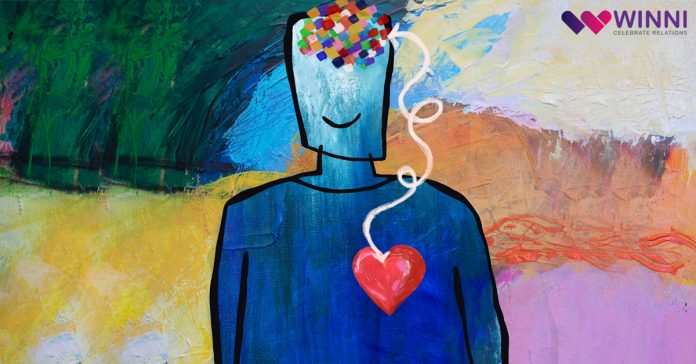When we think of Valentine’s Day, we think of love, romance, and affection. Well obviously, that’s psychological. But do you know that there are psychological love languages that go beyond the traditional action of romance? Valentine’s Day often provokes one to express and receive love. Of course, there are flowers, cakes, chocolates, gifts, and other romantic gestures to show your affection. But psychological love languages help the brain to experience love and explore how the simplest of gestures can enrich your Valentine’s Day experience. After all, love is a complicated feeling and human emotions are always mysteriously complex.
Understanding Love Languages
Every individual experience and express love in different ways. Well, that’s the concept of psychological love languages. However, in his book “The 5 Love Languages,” Dr. Gary Chapman identifies five primary love languages: words of affirmation, acts of service, quality time, receiving gifts, and physical touch. All these are relevant in all relationships, be it family, friends, or romantic partners. While everyone perceives love in their own way, these 5 ways are fundamental to strengthening the emotional bond.

Words of Affirmation
Words of affirmation are one of the primary psychological love languages, especially on Valentine’s Day. Words like “I love you,” heartfelt feelings, compliments, promises, and appreciation can speak volumes to someone who values verbal affirmation. These confessions tend to build trust, understanding, and intimacy. Whether written or spoken, these confessions can create a profound connection, deepening the bond with warmth and sincerity.

Acts of Service
Performing thoughtful acts of service demonstrates care, support, and commitment. Gestures like offering assistance without being asked, helping with chores, or cooking a special meal can convey love and care to your Valentine. For those who believe in actions, these acts can develop a sense of partnership and mutual support. In fact, psychologically, these acts of service are often reciprocated, reducing stress in a relationship.

Quality Time
One can not develop a healthy relationship without spending quality time together. Spending evenings together, laughing at silly jokes, enjoying a romantic dinner, going for a walk, or dedicating uninterrupted time to each other fosters connection and intimacy. It can deepen the connection and understanding. Prioritizing each other’s company on Valentine’s Day will build a foundation of closeness and trust.

Receiving Gifts
Exchanging gifts in general is a token of remembrance and acceptance. On Valentine’s Day, exchanging special presents is one of the most important psychological love languages. The excitement of unwrapping presents enhances feelings of love and affection. Also, choosing the right gift shows that you understand your partner’s desires and preferences. Regardless of their monetary value, gifts foster a sense of joy, gratitude, and closeness.

Physical Touch – The Ultimate Psychological Love Language
The comfort of physical touch and the intimacy of physical closeness uplift the emotional connection. Holding hands, hugging, kissing, or being close to your partner fosters a sense of security, comfort, and belonging. Moreover, physical touch releases oxytocin, often referred to as the “love hormone,” enhancing the feeling of attachment, tenderness, and care.

By speaking their partner’s love language, couples can make their their Valentine’s Day celebration memorable. If you’re not sure which gesture will your partner adore the most, a combination of all will go the magic. Furthermore, learning the love languages of loved ones helps us communicate love more effectively.




